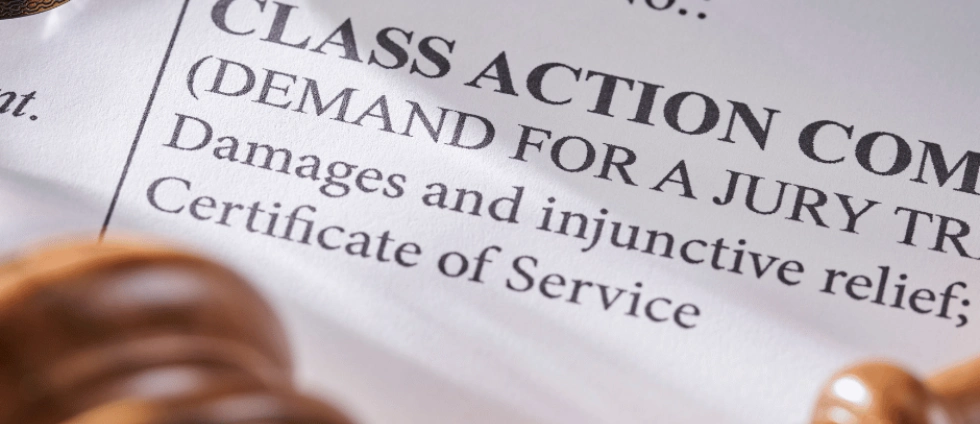Historic Antitrust Arbitration Class Action Moves Forward
Earlier this week, an arbitrator approved the first certified antitrust arbitration class action lawsuit ever filed in the United States.

Arbitrator approves first certified antitrust arbitration class action lawsuit.
Class Arbitration Deemed Most Fair and Cost-Effective
The case centers on Light & Wonder (L&W), the provider of gaming software and technology, and involves more than 100 casinos. The dispute began several years ago, with allegations that L&W sought to monopolize the market for card-shuffling machines by making use of a fraudulent patent. The affected casinos claim the company’s actions stifled competition and prompted them to pursue antitrust claims.
In a major development, arbitrator John Wilkinson of the American Arbitration Association (AAA) ruled last week that these claims could proceed as a single class arbitration. Although the ruling occurred last week, it wasn’t publicly disclosed until Tuesday and it represents a significant milestone in the legal process.
According to Wilkinson’s decision, class arbitration is not only the most equitable but also the most efficient means to address the claims. He noted that handling each of the 112 claims individually would likely result in “potentially different discovery for each individual case; duplicative and disruptive hearings that could well lead to conflicting final results; possible inconsistent results on legal and evidentiary issues; and unnecessary expense and exponentially inflated costs and attorneys’ fees, among many other things.”
In this case, class arbitration is by far the fairest and most efficient method for resolving the antitrust claims of proposed class members.
Related: Light & Wonder Employee Files Lawsuit Alleging Misconduct
More Regulation News
Individual Claims Would Breach AAA’s Cost-Effectiveness Rules
Wilkinson also said that resolving the claims separately would contradict the AAA’s fundamental rule of providing a cost-effective arbitration process. While he acknowledged the existence of some individual concerns, he determined these did not justify separate proceedings for each case.
L&W had argued that the variations in claims required individual arbitration. However, Wilkinson rejected this stance due to the significant legal costs and potential inconsistencies in rulings that could arise from such an approach.
The antitrust battle traces back to 2020 when the Tonkawa Tribe of Oklahoma first filed suit against L&W, then operating as Scientific Games Corp. The tribe accused the company of suppressing competition in the card-shuffling machine market while charging inflated prices.
RELATED TOPICS: Regulation
Most Read
Nevada Official: Steve Wynn Agreed to $10 Million Fine After Witness List Included Ex‑Wife
Dec 08, 2025Must Read
 Interviews
Interviews
Exclusive Interview: Levon Nikoghosyan Shares AffPapa Winning Formula for Successful iGaming Events
Dec 03, 2025 Interviews
Interviews






Review this New Post
Leave a Comment
User Comments
Comments for Historic Antitrust Arbitration Class Action Moves Forward